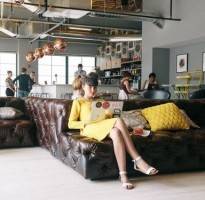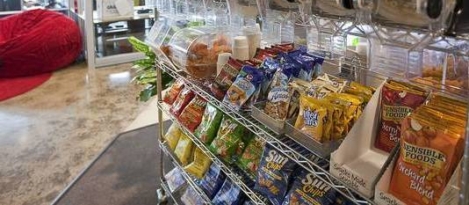June 9, 2016
Commercial real estate investment strong despite Brexit-related slowdown 0
 Partly due to the uncertainty leading up to the EU referendum, employment intentions within Financial and Business Services (FBS) have slowed, but rental growth within the commercial property sector should remain healthy, particularly if the ‘remain’ vote prevails, the latest Real Estate investment forecasts from Colliers has revealed. Offices will continue to drive rental growth across the commercial property sector and it’s expected that rents will rise by 6.8 percent this year and average 3.9 percent in 2016-2020. Although it’s slowed a little, Central London will continue to attract demand and push the overall rate up, with a still strong growth of 8.4 percent in 2016. In addition, the artificial barriers between individual London ‘villages’ are increasingly breaking down, creating a fluid market for office occupiers in the capital, with more options for geographical relocations and expansions. This will continue to benefit the Rest of London, which is expected to see rents increase by 8.1 percent this year.
Partly due to the uncertainty leading up to the EU referendum, employment intentions within Financial and Business Services (FBS) have slowed, but rental growth within the commercial property sector should remain healthy, particularly if the ‘remain’ vote prevails, the latest Real Estate investment forecasts from Colliers has revealed. Offices will continue to drive rental growth across the commercial property sector and it’s expected that rents will rise by 6.8 percent this year and average 3.9 percent in 2016-2020. Although it’s slowed a little, Central London will continue to attract demand and push the overall rate up, with a still strong growth of 8.4 percent in 2016. In addition, the artificial barriers between individual London ‘villages’ are increasingly breaking down, creating a fluid market for office occupiers in the capital, with more options for geographical relocations and expansions. This will continue to benefit the Rest of London, which is expected to see rents increase by 8.1 percent this year.





































June 6, 2016
How performance data can help enhance your employment metrics 0
by Andrea Hak • Comment, News, Technology, Workplace